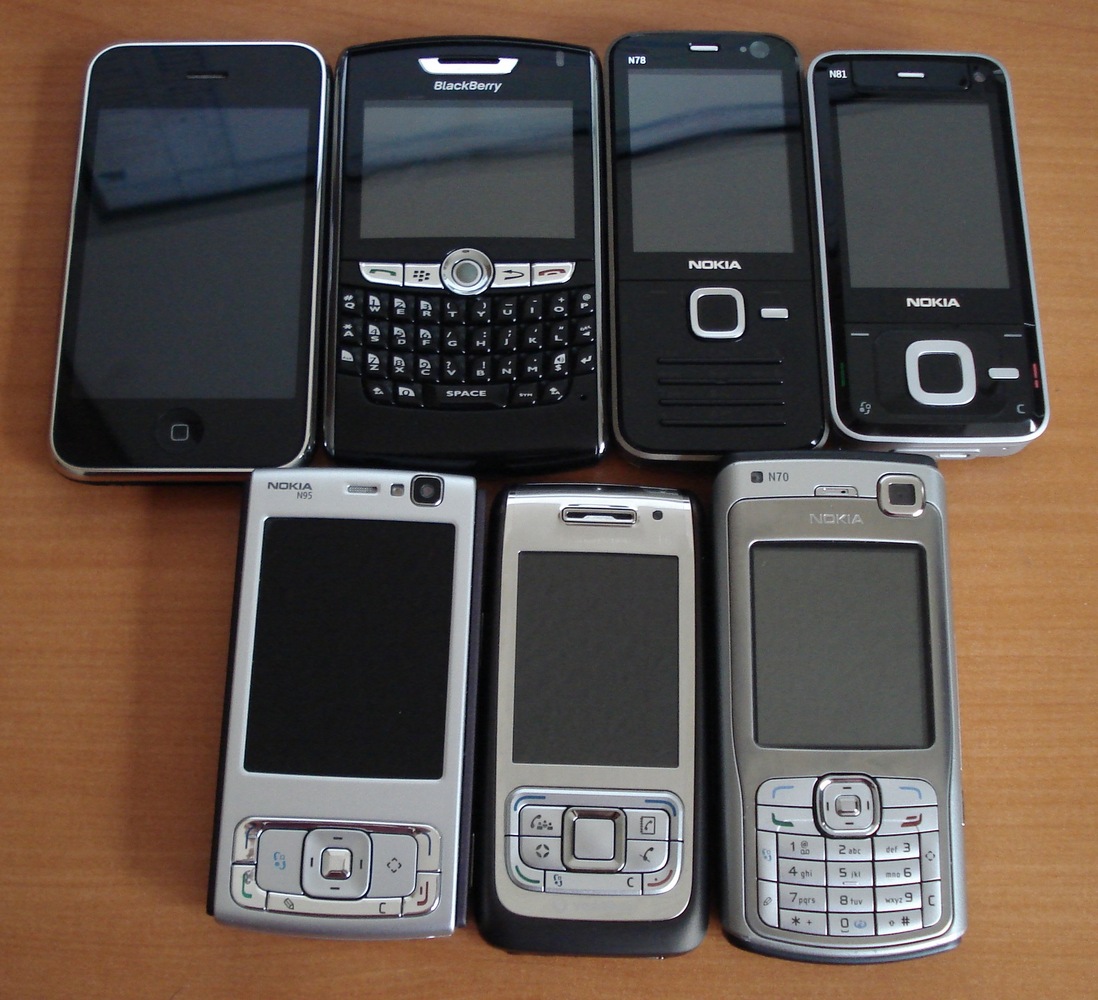How You Use Your Handset
Interview with
Chris - Computer scientists at Cambridge University have come up with a way to make mobile phones work more intuitively in the future. With us to explain what they're actually doing is Daniel Wagner. He's one of the team behind the work. Hello, Daniel.
Daniel - Hello.
Chris - He's actually here in person to tell us about it. So, what is the problem first of all that you've been trying to solve? What's the challenge?
Daniel - We've been trying to figure out what people do with their smartphones because if you want to make better phones then you need to know what people do with them now.
 Chris - Don't we already know that then?
Chris - Don't we already know that then?
Daniel - Well this is not really well-known because handset manufactures may be conducting studies, but they don't publish this data. And also, usually these studies are relatively small scale. Mobile operators know what calls you make, but they don't know what happens offline and so for example, which apps you use or when you charge your phone. So what we could do for example, if the phone is charged for short amounts of time, every couple of hours for example, then we could have a battery that charges quickly and maybe for example take a long time to charge fully, but it would still work if we have this kind of pattern present.
Chris - I get it. so, that's the challenge, that's the problem. How have you set out to solve it?
Daniel - Right. So we created an application for Android Smartphones and it's called Device Analyzer. It runs in the background while you use your phone, and it collects statistics of what you do.
Chris - Okay, so what's it monitoring? How is it doing that?
Daniel - It is basically monitoring anything you could think of. So when you charge your phone for example or when you open an application. So we can get some really interesting data from this. So for example, assume that you're in a meeting and your phone rings. So what you do is you're going to turn the phone off, you're going to reject the call and put it to silent, and then from this, we can infer that the phone wasn't supposed to ring in the first place, and this is some data that no one else could possibly get because they either only have your phone records, or they know what you did offline.
Chris - So you collect all these data, it goes into a central database at the university where you mass thousands of call informations from phones together. What are you going to do with this information?
Daniel - So first, before we upload, what's important is that we strip personally identifying information from this so that the people can give us for example a record that a phone call has happened, but we don't necessarily know who was called, so that's important for the people to know. And then we can do aggregate analysis on this dataset and find out patterns that only emerge when you look at a big amount of people.
Chris - And you're going to release this in the public domain are you?
Daniel - Yes this is true. So we give people three months to take a look at all the data that we collect about them and if they're happy with this and give us their consent, then we'll release it into the public domain and give it to other researchers.
Chris - How do people have a go if they want to have a go at the application to participate and help you with the research?
Daniel - The application is available for download on the Android marketplace right now. It works on any android phone and you can just download and it will sit quietly in the background.
Chris - And if you'd like to help Daniel in his research, we've also made it easy for you to get hold of a copy of it. if you go to
thenakedscientists.com/analyser then it will take you to a download option and you can get hold of a copy of that android app and it will then begin to spot what you do on your phone in an anonymous way and help Daniel with his research. Maybe you'll come back and give us an update later on what you find. When do you think you'll have enough numbers to be able to tell us what you're seeing?
Daniel - I think within a couple of months, we shall have plenty of data.










Comments
Add a comment